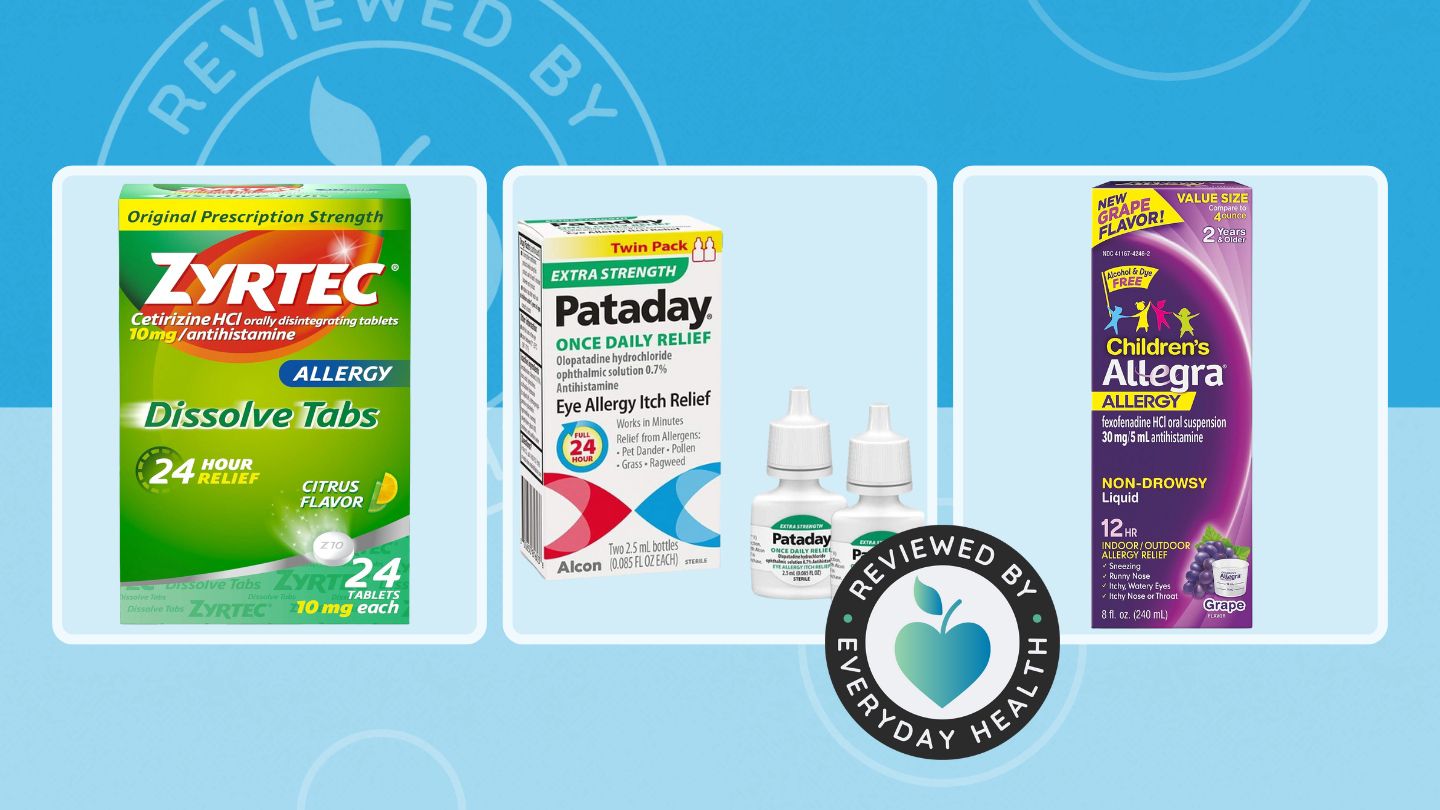Treating Cold Symptoms With Nyquil and Advil Cold & Sinus
When suffering from cold and flu symptoms like sore throat, nasal congestion, cough, aches and pains, many people reach for over-the-counter medications to help provide relief. Two popular options are Nyquil and Advil Cold & Sinus. But is it safe to take both of these medications at the same time?
What is Nyquil?
Nyquil is an over-the-counter medication manufactured by Vicks that is intended to relieve common cold and flu symptoms. It contains the following active ingredients:
- Acetaminophen - a pain reliever and fever reducer
- Dextromethorphan - a cough suppressant
- Doxylamine succinate - an antihistamine that treats runny noses and sneezing
- Alcohol (10%) - a soothing ingredient that can cause drowsiness
Nyquil comes in both liquid and capsule formulations and is intended to be taken before bedtime as the drowsiness side effect can help promote sleep. There are daytime formulations without alcohol and the sleep-aid doxylamine succinate if needing symptom relief while remaining awake and alert.
What is Advil Cold & Sinus?
Advil Cold & Sinus is an over-the-counter treatment also intended to alleviate cold and sinus infection symptoms like headaches, fever, nasal congestion and sinus pressure. The active ingredients include:
- Ibuprofen - a nonsteroidal anti-inflammatory drug (NSAID) used to reduce fever, pain, and inflammation
- Phenylephrine - a nasal decongestant that constricts blood vessels to help drain sinus pressure and congestion
Advil Cold & Sinus comes as a caplet, liquid gel capsule, or liquid suspension formulation. Unlike Nyquil it does not cause drowsiness and can be taken day or night as needed to tackle cold symptoms.
Is It Safe to Take Nyquil and Advil Cold & Sinus Together?
The short answer is yes, it is generally safe to take both Nyquil and Advil Cold & Sinus together provided you adhere strictly to the recommended dosing instructions. However, some care and precautions should still be observed.
Consider Active Ingredients
As already outlined, both medications share some overlapping active ingredients that could increase your risk of certain side effects if stacks improperly or beyond approved doses. For example:
- Acetaminophen - Nyquil already contains acetaminophen so the additional dose in Advil Cold & Sinus increases your risk of liver toxicity if exceeding maximum daily amounts.
- Antihistamines - Doxylamine in Nyquil causes drowsiness already, adding another decongestant like phenylephrine further impacts the central nervous system.
- Alcohol (Nyquil) - Alcohol can amplify the sedative properties and other side effects of both medications.
- NSAID - Ibuprofen adds risk of stomach bleeding and ulcers, especially if also using alcohol.
Follow Dosing Directions
To use Nyquil and Advil Cold & Sinus safely together, it is imperative to follow all dosing directions for both medications and not exceed:
- No more than 4000mg acetaminophen per day from all sources
- No more than 1 Nyquil dose every 6 hours
- No more than 2 Advil Cold & Sinus caplets every 6 to 8 hours
Carefully calculating total acetaminophen doses from both products over a 24 hour timeframe can help avoid unsafe levels of the pain and fever reliever. Using beyond approved frequencies also prevents build up of decongestants and antihistamines over the advised time spans.
Avoid Alcohol
It is best practice to avoid alcohol when taking these two medications together. Nyquil already contains 10% alcohol plus the added drowsiness antihistamine side effect. Consuming extra alcohol significantly increases risks of:
- Intensified sedative effects
- Impaired coordination and cognition
- Exaggerated side effects
- Liver toxicity
Moderation or abstinence from alcohol use allows both products to work effectively while minimizing additive side effects.
Treating Specific Cold and Flu Symptoms
Understanding what symptoms Nyquil and Advil Cold & Sinus each target can help determine optimal combined usage strategies. Here is a breakdown of what each OTC medication best treats:
Nyquil Key Symptom Relief
- Cough and sore throat - Dextromethorphan cough suppressant
- Sinus congestion - Doxylamine antihistamine drying effect
- Low grade fevers - Acetaminophen fever reduction
- Aches and pains - Minor analgesic benefits of acetaminophen
- Runny nose/sneezing - Antihistamine doxylamine
Advil Cold & Sinus Key Symptom Relief
- Nasal and sinus congestion - Phenylephrine decongestant vasoconstriction effects
- Headaches - Ibuprofen pain, swelling and inflammation reduction
- Higher fevers - More potent ibuprofen fever lowering at higher doses
- Body aches and sinus pain - Anti-inflammatory benefits of ibuprofen
As you can see, certain symptoms like stuffy noses, coughs, and fevers can be better managed using Nyquil and Advil Cold & Sinus together compared to either medication alone. Just be sure not to double up on acetaminophen doses.
Daytime vs Nighttime Use
Due to the alcohol and drowsiness inducing antihistamine doxylamine, Nyquil is best suited for nighttime use to help promote sleep while relieving cold symptoms.
Meanwhile Advil Cold & Sinus lacks these sedating properties and can be taken round the clock while awake and through the day alongside non-drowsy Nyquil formulations if additional acetaminophen symptom relief is needed.
Other Considerations
Here are some other quick tips regarding use of Nyquil and Advil Cold & Sinus together:
- Avoid driving or operating heavy machinery when taking together due to increased sedation effects
- Monitor for side effects like stomach pain, bleeding, ulcers (NSAID risks)
- Discontinue use if nervous system side effects emerge signaling high decongestant levels
- See a doctor if symptoms persist beyond 7-10 days recommending alternative treatments
While taking both over-the-counter products simultaneously is generally considered safe for most healthy adults, it is always best practice to err on the side of caution and use only as needed at lowest effective doses. Monitoring your symptoms and stopping immediately if any concerning reactions develop is also advisable.
The Bottom Line
Nyquil and Advil Cold & Sinus can be taken together by adults provided usage guidelines and dosing limits are carefully followed. This paired approach may help enhance relief of some stubborn cold and sinus symptoms. However, caution is advised and drinking alcohol heavily discouraged due to increased sedative side effect risks when combined.
Pay close attention to acetaminophen quantities from both products not exceeding 4000mg daily maximums from all sources. And stop usage right away if unusual side effects start to show themselves like gastrointestinal bleeding or nervous
FAQs
Can I take Nyquil and Advil Cold & Sinus at the same time?
Yes, you can take Nyquil and Advil Cold & Sinus together provided you follow the recommended dosing guidelines and do not exceed maximum daily amounts of medications like acetaminophen. Care should be taken though as side effects may be increased when mixing the two drugs.
Is it safe to drink alcohol while taking Nyquil and Advil Cold & Sinus?
No, you should avoid alcohol when taking Nyquil and Advil Cold & Sinus together. Nyquil already contains 10% alcohol and adding more alcohol greatly increases sedative side effects and risks like impaired coordination, worsened coughs/congestion, liver toxicity.
What's the maximum amount of acetaminophen I can have per day from Nyquil and Advil?
Do not exceed 4000mg or 4 grams of acetaminophen per day from all products combined that contain the pain reliever like Nyquil and Advil Cold & Sinus. Exceeding this amount raises your risk of severe liver toxicity and damage over time.
Can I take Nyquil and Advil Cold & Sinus together long term or daily?
No. These OTC cold medications are only intended for short term, occasional use during acute cold and flu illnesses. Using either Nyquil or Advil products daily or for extended periods a time increases your risks of side effects, resistance, rebound symptoms, and toxicity.
Disclaimer: This article is for informational purposes only and does not constitute medical advice. Always consult with a healthcare professional before starting any new treatment regimen.
Related Coverage
Find Rapivab dosage for adults, children, and renal patients, with prep steps, safety tips, and quick infusion guidance....
Can you safely use Advil Cold & Sinus and NyQuil together to treat cold symptoms? Learn about the interactions and side effect risks of combining these medications....
Blowing smoke into an aching ear is an old home remedy, but it carries risks like burns, infection spread, and hearing loss. Safer options exist for earache relief....
Relieve nasal and sinus congestion naturally with steam, hydration, supplements, and more. Open stuffed nasal passages and clear mucus without medication side effects....
Learn how phlegm protects respiratory health, what normal & abnormal mucus looks like, when to seek medical help for changes, and how to improve lung wellbeing....
Can you take Alka-Seltzer and Mucinex simultaneously? Understand the ingredient safety, potential side effects, who should avoid combo use, and how to maximize relief....
Do you have a perpetually frozen nose? Genetic factors, poor circulation, inflammation, or lifestyle habits may impair your nose's ability to warm itself. Try heat, massage, humidifying....
When intermittent fasting, a common question is if swallowing mucus or phlegm affects fasted states metabolically. Learn what experts say about mucus content and fasting efficacy....
Chest congestion causes coughing and difficulty breathing. Try home remedies like steam, hydration, saline washes, and essential oils for fast, natural congestion relief....
Steamy vapor baths provide natural congestion and cough relief. Learn how warm bath water and essential oils help clear mucus and ease cold symptoms....









